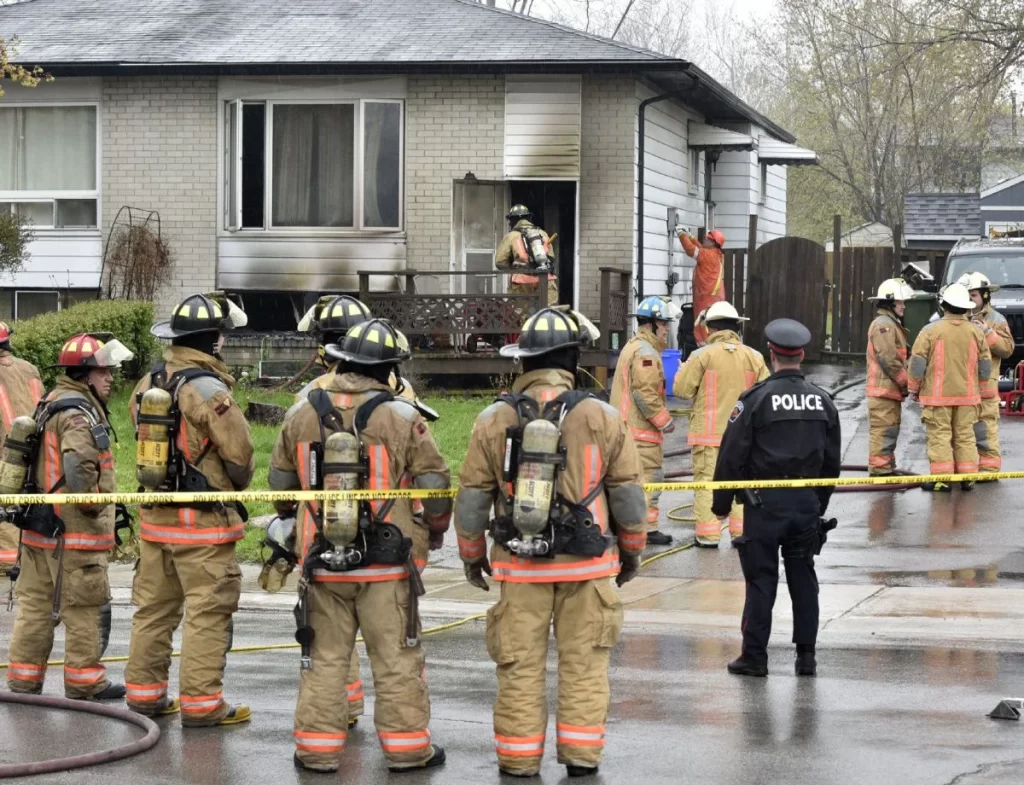Stress: Acute or Abstract?
Whatever physical threats you faced as a First Responder or Veteran, stress helped keep you alive. An adaptive stress-reaction is activated in the presence of acute danger. From neurotransmitters and hormones to metabolism and the redirection of blood flow to essential organs, a cascade of physiological and psychological mechanisms promote survival. In contrast, persistent activation of this stress-reaction to abstract threats, like ruminative thoughts or constantly feeling on edge about the future, are likely to be far more harmful than helpful.

Abstract stressors are normally unnecessarily drawn out, given what our stress reaction is meant for. Maybe your heart begins racing and your blood pressure is though the roof. Maybe you cannot sleep, and your sex-drive is gone. Your body might feel it is in a constant flight or fight. You never have a chance to rest and rebuild because you have been unable to find a resolution to this threat.
These kinds of threat are normally more about violations of attitudes, beliefs, and values, rather than a physically present threat, like an active shooter, burning building, or aggressive patient. This could be a moral injury that involves stresses vertically with our chain of command or horizontally between members of our crew, squad, or fireteam. Similarly, difficulties with relationships at home can cause our minds to wander. We are meaning-making animals, and strains from service can impact the ways we understand the world, others, and ourselves.
–Your body might feel like it is in a constant fight or flight. Physical reactions to threats are meant to be adaptive qualities for survival. However, are we over doing it sometimes?
The Path to Nowhere
Different interpretations lead to different evaluations, and how a problem is understood influences how we respond. Consider ruminations, as an example. If many of our problems are perceived as completely out of our control, there is little or no expectation that anything will help. We might become distracted by too many things outside of our control and begin thinking we “could have” or “should have” done this, that, or the other thing.
Perhaps we do the opposite and believe we can take control of every situation. However, the result is often very similar. An exaggerated sense of control may overwhelm us with an illusion of responsibility. In either case, these thoughts normally lead us on a path to nowhere but problematic beliefs. An intrusive past or overwhelming fear of the future only destroys our confidence in the present.
–An intrusive past or overwhelming fear of the future only destroys our confidence in the present.
Volume & Tempo of Stress
The enduring quality of what might be daily, abstract stresses of various intensity are likely to erode the ability to cope with the stresses and strains of service. This is not only at the physical and psychological levels but can have consequences on meaningful relationships we share with others. It might be worth taking a breath and assessing the situation. Ask yourself, how well am I at differentiating between an acute threat and a needlessly draining one? Can you tell the difference between when a threat begins and when it ends, or does it seem nearly ceaseless?
–The enduring quality of what might be daily, abstract stresses of various intensity are likely to erode the ability to cope with the stresses and strains of service.
If you are a First Responder or Veteran and want to learn more about how stress can affect you, book a Free 15-min Discovery Call with Richard Piekarckz-Vacca.